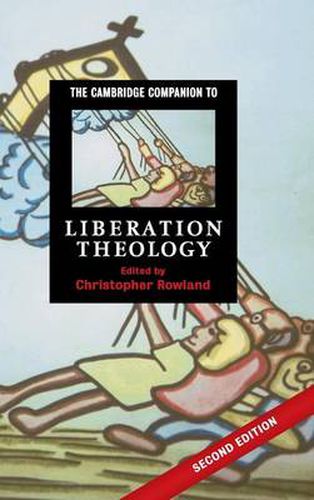Readings Newsletter
Become a Readings Member to make your shopping experience even easier.
Sign in or sign up for free!
You’re not far away from qualifying for FREE standard shipping within Australia
You’ve qualified for FREE standard shipping within Australia
The cart is loading…






Liberation theology is widely referred to in discussions of politics and religion but not always adequately understood. The second edition of this Companion brings the story of the movement’s continuing importance and impact up to date. Additional essays, which complement those in the original edition, expand upon the issues by dealing with gender and sexuality and the important matter of epistemology. In the light of a more conservative ethos in Roman Catholicism, and in theology generally, liberation theology is often said to have been an intellectual movement tied to a particular period of ecumenical and political theology. These essays indicate its continuing importance in different contexts and enable readers to locate its distinctive intellectual ethos within the evolving contextual and cultural concerns of theology and religious studies. This book will be of interest to students of theology as well as to sociologists, political theorists and historians.
$9.00 standard shipping within Australia
FREE standard shipping within Australia for orders over $100.00
Express & International shipping calculated at checkout
Liberation theology is widely referred to in discussions of politics and religion but not always adequately understood. The second edition of this Companion brings the story of the movement’s continuing importance and impact up to date. Additional essays, which complement those in the original edition, expand upon the issues by dealing with gender and sexuality and the important matter of epistemology. In the light of a more conservative ethos in Roman Catholicism, and in theology generally, liberation theology is often said to have been an intellectual movement tied to a particular period of ecumenical and political theology. These essays indicate its continuing importance in different contexts and enable readers to locate its distinctive intellectual ethos within the evolving contextual and cultural concerns of theology and religious studies. This book will be of interest to students of theology as well as to sociologists, political theorists and historians.